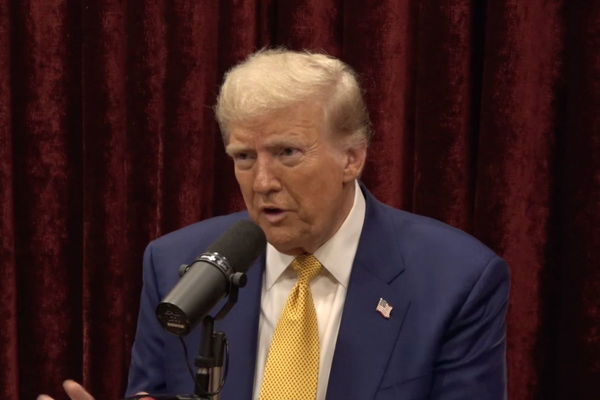

Major change might be underway in women’s sports. World Athletics has launched a new consultation process, sparking intense discussions about the future of competition in the female category. What changes could be coming? How will this affect sporting athletes across the globe? The Trump administration in the United States has brought drastic policy shifts regarding transgender participation.
Donald Trump approved an executive order on February 5 that prohibited transgender athletes from participating in women’s athletic events. Was it so simple? With this order, transgender women have lost their chance to compete in the 2028 Los Angeles Olympics. Parts of the public support the policy because it upholds female athletic competition’s integrity yet many others suggest this rule forces capable athletes to forfeit their Olympic aspirations. So, how did World Athletics respond to this growing debate?
The global organization started a new process to review conditions in the Female Category while inspecting existing DSD and Transgender Regulations. World Athletics Council’s review process shall last from February 10 until March 5, 2025. That such a step be taken emerged from the Working Group on Gender Diverse Athletes recommendations. The working group dedicated 2024 to analyzing the existing DSD and Transgender Regulations. As a result, five major recommendations were presented to the World Athletics Council in December 2024. The World Athletics Council approved all of them and has now set them for consultation.
ADVERTISEMENT
Article continues below this ad
World Athletics President Sebastian Coe reinforced the organization’s stance, stating, “Preserving the integrity of competition in the Female Category is a fundamental principle of the sport of Athletics, and we look forward to this collaborative consultation process with our key stakeholders in this area.” Despite these policy shifts, World Athletics has made clear that its regulations will uphold several standing commitments. It does not question gender identity, respects the dignity and privacy of individuals, strictly observes confidentiality and data protection laws, and does not require any athlete to undergo surgery.

The consultation process at World Athletics leads other governing bodies, such as the NCAA, to modify their policies according to the changing sports regulations.
What’s your perspective on:
Does Trump's policy protect women's sports, or does it unfairly exclude talented athletes from competing?
Have an interesting take?
Transgender inclusion in sports under scrutiny
Trump’s order requires the International Olympic Committee (IOC), together with the NCAA, to enforce strict eligibility standards. The NCAA modified its Transgender Student-Athletes Policy while departing from the wider principles of inclusion followed by the Olympic Movement. The new policy states that student-athletes “assigned male at birth may not compete on a women’s team,” effectively aligning with Trump’s declaration: “From now on, women’s sports will be only for women.” Transgender athletes will, however, have the ability to join gender-related team practices. They will also receive complete student-athlete privileges at no cost. 1,100 educational institutions across the United States adopted this new policy immediately on February 6 without any delay.
ADVERTISEMENT
Article continues below this ad
ADVERTISEMENT
Article continues below this ad
Nikki Hiltz is one athlete raising their voice to promote inclusion in sports. Before the Millrose Games, Nikki said, “In just a couple days, I’ll be standing on the start line of a women’s race at one of the biggest indoor meets in the world and race a mile in front of a sold-out crowd in New York City—and guess what? I STILL won’t identify as a woman.” Nikki made history by becoming the first trans or nonbinary runner. They proceeded to the 1,500m women’s Olympic final at Paris 2024. At the 2024 World Indoor Championships, they earned silver as they established an American mile record in 2023.
But with the new policy changes, there is one question: Does exclusion truly serve the integrity of competition? What are your views on this? Comment below and let us know!
ADVERTISEMENT
ADVERTISEMENT
ADVERTISEMENT
ADVERTISEMENT


Does Trump's policy protect women's sports, or does it unfairly exclude talented athletes from competing?